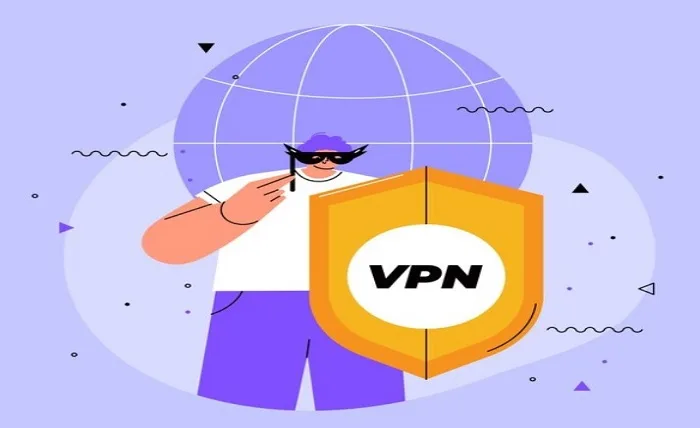In today’s digital age, online privacy and security are paramount. One effective way to safeguard your online activities is by using a Virtual Private Network (VPN). In this article, we delve into the world of free VPNs, providing you with essential insights, tips, and answers to common questions.
Free VPN: What Is It?
A free VPN (Virtual Private Network) is a service that allows users to access the internet through a secure and private connection. It works by routing your internet traffic through a server, encrypting it, and hiding your IP address. Here’s why free VPNs have gained popularity:
Online Privacy: Free VPNs offer anonymity by masking your IP address, making it difficult for anyone to trace your online activities back to you.
Access to Restricted Content: They allow you to bypass geo-restrictions and access websites and content not available in your region.
Security: Encryption ensures that your data remains confidential, protecting it from hackers and cybercriminals.
The Benefits of Using a Free VPN
Using a free VPN comes with several advantages:
Enhanced Privacy: Your online activities remain private, away from prying eyes.
Access to Geo-Restricted Content: Stream your favorite shows and access websites irrespective of your location.
Cost-Efficiency: No need to pay for a VPN subscription; free VPNs offer essential features for free.
Protection on Public Wi-Fi: Safeguard your data when using public Wi-Fi networks.
Anonymous Torrenting: Download torrents securely without revealing your IP address.
Are Free VPNs Really Free?
While free VPNs offer many benefits, they aren’t entirely free. They often come with limitations, including:
Limited Server Locations: Free VPNs may have fewer server options compared to their paid counterparts.
Data Caps: Many impose data usage limits, which can be restrictive for heavy internet users.
Slower Speeds: Free VPN servers can be crowded, resulting in reduced internet speeds.
Advertisements: To sustain their services, free VPNs may display ads to users.
Security Concerns: Some free VPNs may not provide the same level of security as premium options.
Is It Safe to Use a Free VPN?
Safety is a top concern when using any VPN service. While many free VPN providers offer reliable security, some may compromise your data. To ensure your safety:
Research: Choose a reputable free VPN provider with positive user reviews.
Check Privacy Policies: Understand how your data is handled and whether it’s logged.
Use Common Sense: Avoid free VPNs that seem too good to be true; they might be collecting your data for other purposes.
Consider Premium Options: If security is paramount, consider upgrading to a paid VPN service.
FAQs
Q: Are free VPNs as secure as paid ones?
A: While some free VPNs offer robust security, paid options often provide more advanced features and better protection.
Q: Can I use a free VPN for streaming?
A: Yes, but be prepared for potential limitations in speed and server access.
Q: Do free VPNs work on mobile devices?
A: Most free VPNs offer mobile apps for Android and iOS.
Q: Is it legal to use a free VPN?
A: In most countries, using a VPN for legitimate purposes is legal. However, it’s essential to respect the laws of your jurisdiction.
Q: How do I choose the right free VPN?
A: Research different providers, read reviews, and consider your specific needs when choosing a free VPN.
Q: Can I trust free VPNs with my data?
A: Trustworthy free VPNs exist, but always read their privacy policies and reviews to ensure your data is handled securely.
Conclusion
In a world where online privacy and security are paramount, a free VPN can be a valuable tool. By understanding their benefits, limitations, and potential risks, you can make an informed decision when choosing a free VPN service. Remember that safety should always be a top priority in your online activities.



